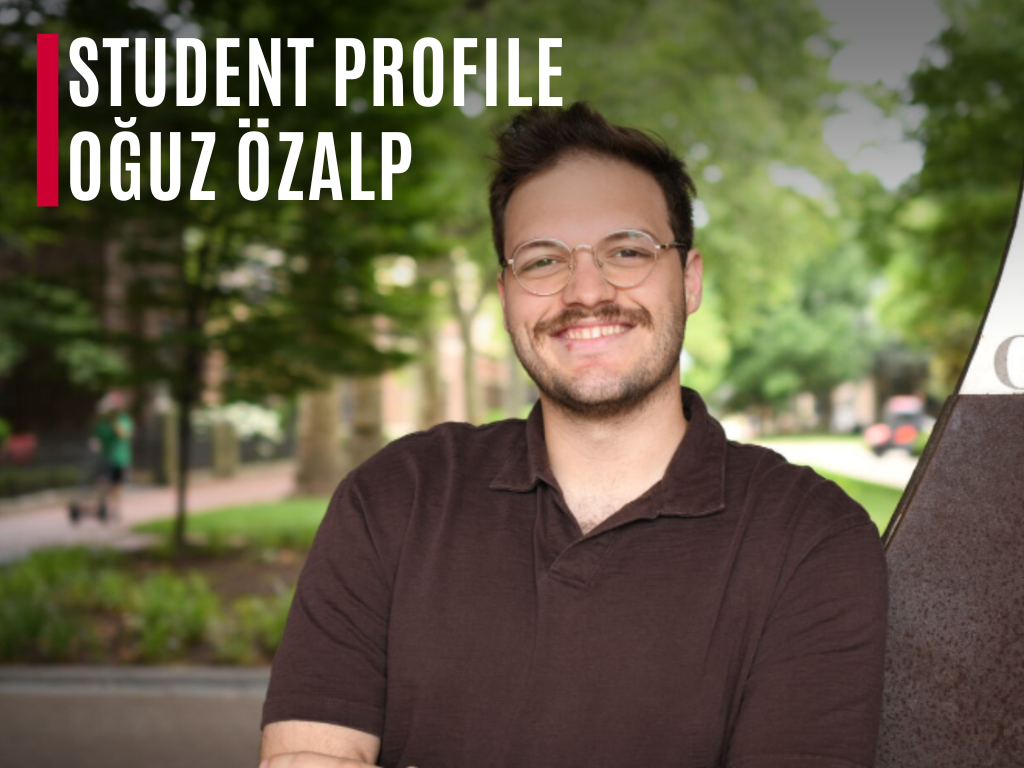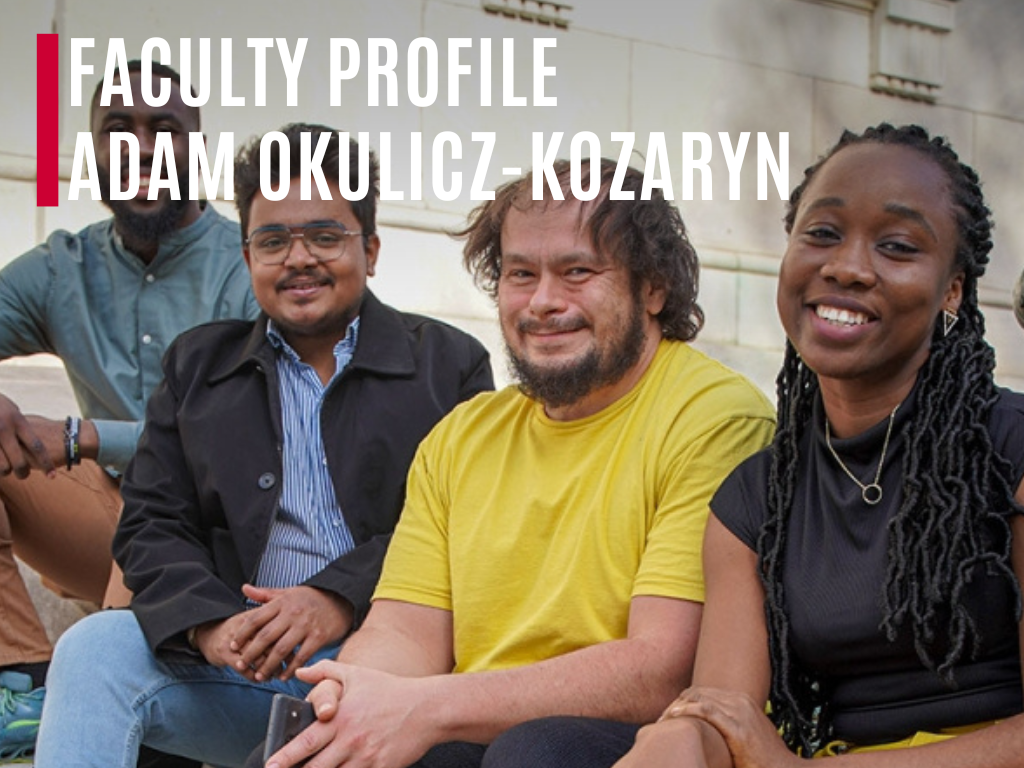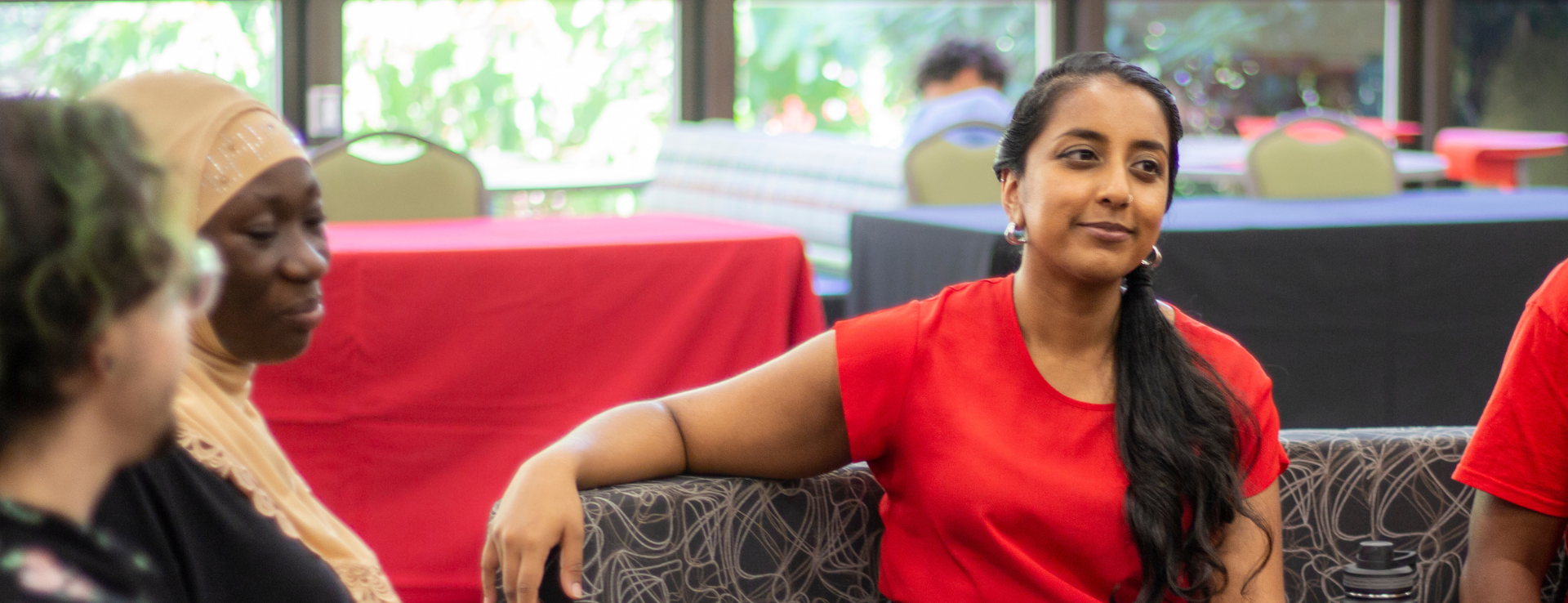
Public Affairs
(M.S. | Ph.D.)
Welcome to Rutgers University’s graduate programs in Public Affairs/Community Development (Ph.D. and M.S.). Our programs offer comprehensive and rigorous courses of study in theoretical and applied social sciences. We take pride in drawing on the expertise of our renowned faculty, who specialize in various areas, including public policy, public administration, urban affairs, and political economy.
TAKE THE NEXT STEP
In the Public Affairs/Community Development program, you will have the opportunity to explore and critique the literature and history of community development from diverse perspectives. Our classes delve into critically important issues such as community power and organizing, urban sustainability, economic and social justice, and international development strategies. Through in-depth studies of topics like Statistical Inquiry, Geospatial Analysis, Case Study Methods, and Ethnography, our programs equip you with advanced research and analytical skills.
Rutgers–Camden offers students the opportunity to apply theory and practice to real-world governance challenges. Several research centers and institutes, such as the Senator Walter Rand Institute for Public Affairs, the Community Leadership Center, the Center for Urban Research and Education, and the Office of Civic Engagement, provide avenues for students to engage in community outreach and conduct research. These resources provide practical opportunities to apply your knowledge and make a tangible impact in real-world settings.
Charting Your Course: M.S., Ph.D., and 2+3 Options
M.S.
The 30-credit M.S. degree caters to part-time students and practitioners. The program includes a practicum, where students apply research skills to address real-world problems.
2 + 3
In the 2+3 model, students pursue an MS degree for two years, take all the same classes, and are on schedule as Ph.D. students. After two years, 2+3 students undergo a streamlined application process for the Ph.D.
Ph.D.
The 66-credit Ph.D. in Public Affairs/Community Development offers an interdisciplinary foundation, combining courses from our Department of Public Policy and Administration (DPPA).
The 2+3 model allows students to pursue their Master’s degree (M.S.) for two years and transition into the doctoral (Ph.D.) program. Students in the 2+3 track join the doctoral cohort, attend the same classes, and follow the same curriculum as their cohort peers. This integrated approach ensures that they graduate alongside their cohort peers within the designated timeline.
After completing two years of the Master’s program, students in the 2+3 track undergo a streamlined application process for the Ph.D. program. This process simplifies the transition and eliminates the need for a separate application. By smoothly transitioning from the Master’s to the Ph.D. program, students can continue their academic journey with minimal disruptions and build upon the knowledge and skills they acquired during their Master’s studies.
The M.S. program at Rutgers University not only prepares students for the Ph.D. program but also equips them with valuable skills for careers in community development, policy, and nonprofits. Graduates gain skills to create a meaningful impact in the economic, political, social, and global dimensions of their chosen field. In contrast, doctoral students actively engage in rigorous research and scholarly activities, showcasing their work at conferences worldwide. Their impressive record of publications in esteemed journals and books, along with a notable number of graduates securing tenure-track academic positions, demonstrates their significant contributions to advancing knowledge in community development.
Program Overview
DETAIL | M.S. | PH.D. |
|---|---|---|
| DEGREE | Master of Science (M.S.) | Doctor of Philosophy (Ph.D.) |
| CREDITS | 30 credits | 66 Credits |
| FORMAT | Full-time or part-time, on-campus | Full-time or part-time, on-campus |
| DURATION | 3-4 semesters | 10 semesters |
| FUNDING | University, Graduate School, and Departmental Funding Available (Partial Funding Only) | University, Graduate School, and Departmental Funding Available (Full funding available for select students) |
Public Affairs Community in Action
Get to know this program through archived stories—then discover what sets Rutgers Graduate School-Camden apart. From the Recording Rutgers podcast to faculty spotlights, campus life, alumni journeys, and student experiences, you’ll find a “Community in Action”, grounded in connection, purpose, and possibility.
-

Women, Power, & Economic Change in Puerto Rico
Women in Puerto Rico graduate from universities at higher rates… continue reading
-
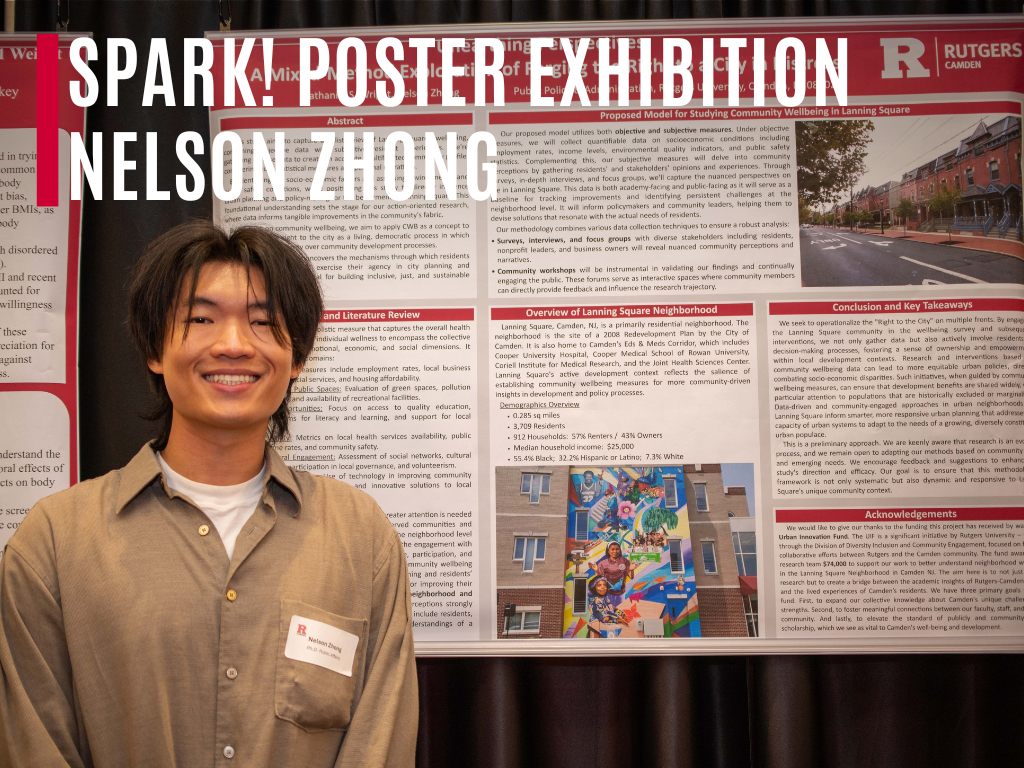
What Does the Right to the City Look Like in Camden?
How can residents claim a “right to the city” in… continue reading
-

CBS Philadelphia on the Rising Cost of Running Nonprofits
When a small nonprofit in Camden faces a $2,800 jump… continue reading
-
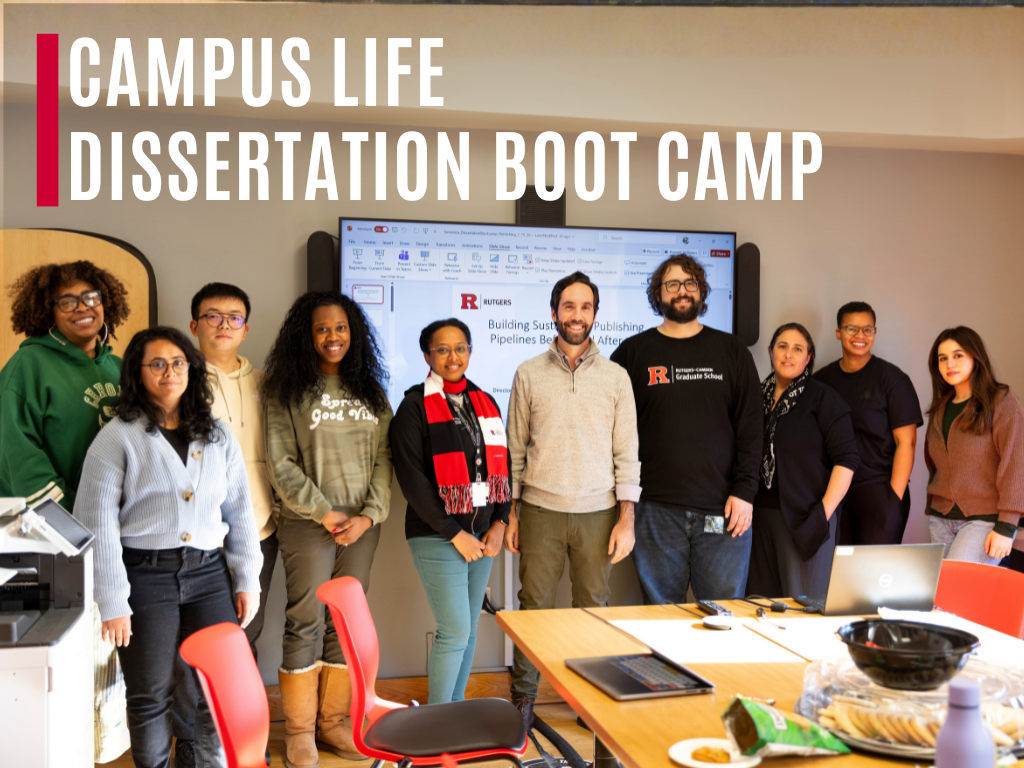
A First-of-Its-Kind Writing Week for Doctoral Candidates
Before the semester gathered speed, doctoral candidates were welcomed into… continue reading
-
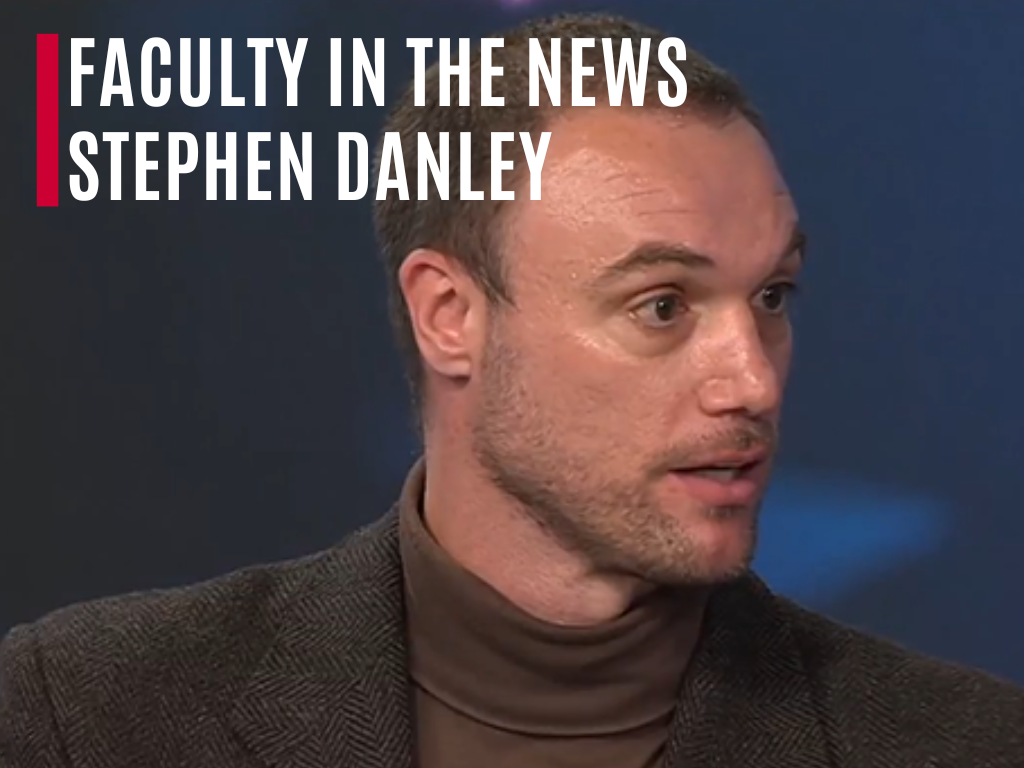
Faculty Featured in NBC and Substack Election Coverage
The election is now behind us, but the conversations that… continue reading
-
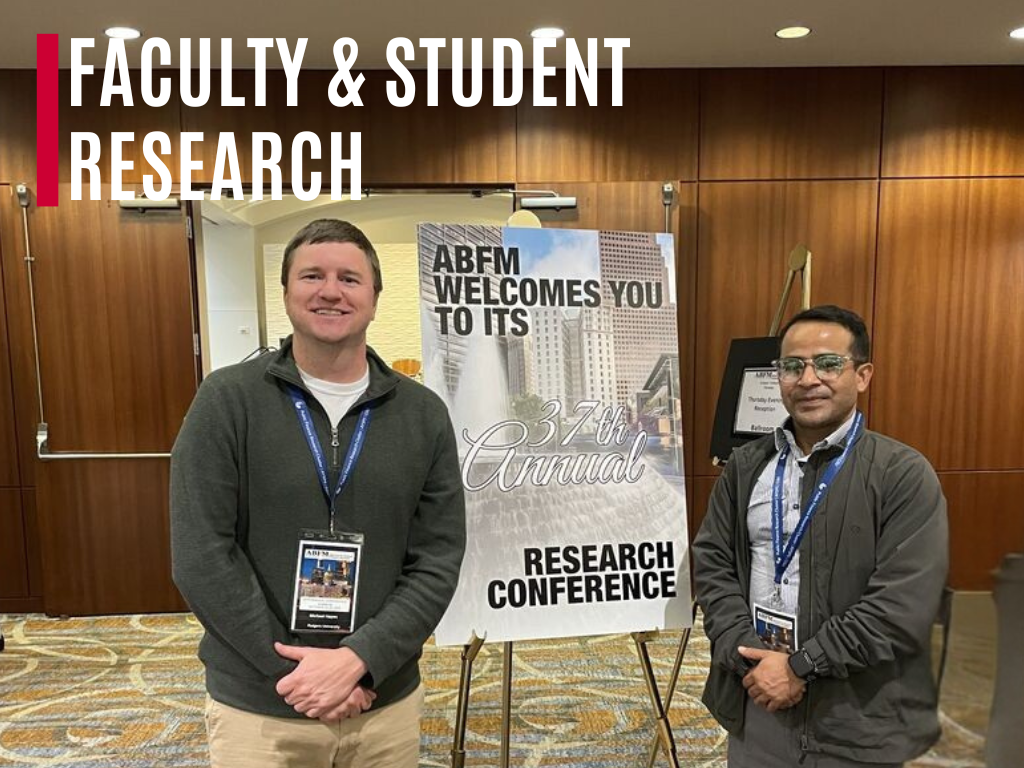
Do Cannabis Businesses Increase Municipal Revenue?
At a national gathering known for shaping how public budgets… continue reading
Featured Courses
View the list of Course Descriptions.
REGIONAL AND ECONOMIC DEVELOPMENT (56:824:705)
This course examines the relationship between city and suburb from the perspective of regional development and dynamics of economic change due to sprawl and deindustrialization.
THEORY/HISTORY OF COMM. DEVELOPMENT (56:824:701)
This seminar course will examine and synthesize the theories from many disciplines that contribute to the field of community development in both U.S. domestic and international contexts.
PLANNING, MARKETS, & COMM. DEVELOPMENT (56:824:710)
Examines the key theories and frameworks in the areas of strategic management and entrepreneurship, and the major theoretical trends in the areas where business and public affairs intersect.
QUALITATIVE RESEARCH METHODS (56:824:714)
Covers the “nuts and bolts” of qualitative research: gathering data through interviews, focus groups, observation, and archival research.
LOGIC SOCIAL INQUIRY (56:824:703)
This class explores critically the philosophy, epistemology and alternative approaches to organizing and executing social science inquiry.
GEOGRAPHIC INFORMATION SYSTEMS: PUBLIC SECTOR (56:824:725)
An introductory geographic information systems (GIS) course. Students will be able to produce maps and conduct basic research using geographical data.
Admissions Requirements
DETAIL | M.S. | PH.D. |
|---|---|---|
| TRANSCRIPTS | A transcript of all undergraduate and graduate coursework completed or in progress | A transcript of all undergraduate and graduate coursework completed or in progress (Master’s degree preferred) |
| LETTERS OF RECOMMENDATION | Three letters of recommendation that indicate the potential for success in the program, with at least two from persons familiar with your work in an academic setting | Three letters of recommendation that indicate the potential for success in the Ph.D. program, with at least two from persons familiar with your work in an academic setting |
| RESUME/CURRICULUM VITAE | Resumé (including relevant professional experience) | Resumé (including relevant professional experience) |
| PERSONAL STATEMENT | Personal statement indicating your motivation to earn the degree, assets you will bring to the class, a description of your background and experience, and how the degree will benefit your future | Personal statement indicating your motivation to earn a Ph.D., assets you will bring to the class, a description of your background and experience, and how a Ph.D. will benefit your future |
| QUANTITATIVE STATEMENT OF EVIDENCE | A statement of evidence of an ability to succeed in graduate-level quantitative methods courses, such as successfully completed coursework in statistics, research methods, or economics (may be included in the personal statement) | A statement of evidence of an ability to succeed in graduate-level quantitative methods courses, such as successfully completed coursework in statistics, research methods, or economics (may be included in the personal statement) |
| WRITING SAMPLE | Writing sample | Writing sample |
| STANDARDIZED TEST | Not required | Official graduate school admissions test scores (GRE preferred, LSAT and GMAT accepted) |
Application Deadlines
Preference is given to those submitted before the deadline for both decisions and funding opportunities. Applications received after the deadlines will be considered based on available space and budgetary constraints.
Fall
Ph.D. – JAN 10
M.S. – MAR 15
Spring
NOT OFFERED
Summer
NOT OFFERED
Reach Out to Us
Let’s begin a conversation about your academic and professional goals. If you have questions regarding the curriculum, faculty, admission criteria, or committee, please feel free to contact the Graduate Program Director. For administrative inquiries concerning the application process, campus, tuition, and fees, reach out to the Graduate School. We are dedicated to assisting you from application to graduation day.
PROGRAM CONTACT
Dr. Nathaniel S. Wright
Graduate Director
nathaniel.wright@rutgers.edu
(856) 225-2962
GRADUATE SCHOOL CONTACT
Erick E. Watt-Udogu
Assistant Dean, Graduate School-Camden
erick.watt.udogu@camden.rutgers.edu
(856) 225-6149
Take the Next Step.
We invite you to explore the boundless opportunities that await you here, where a world-class faculty, diverse community, and innovative curriculum converge to nurture your intellect and foster your professional growth. Your future starts with a simple yet significant act – learning more about the exceptional programs we offer. So, why wait? Start your application journey with us, and together, we’ll unlock a future filled with possibilities and endless success.
